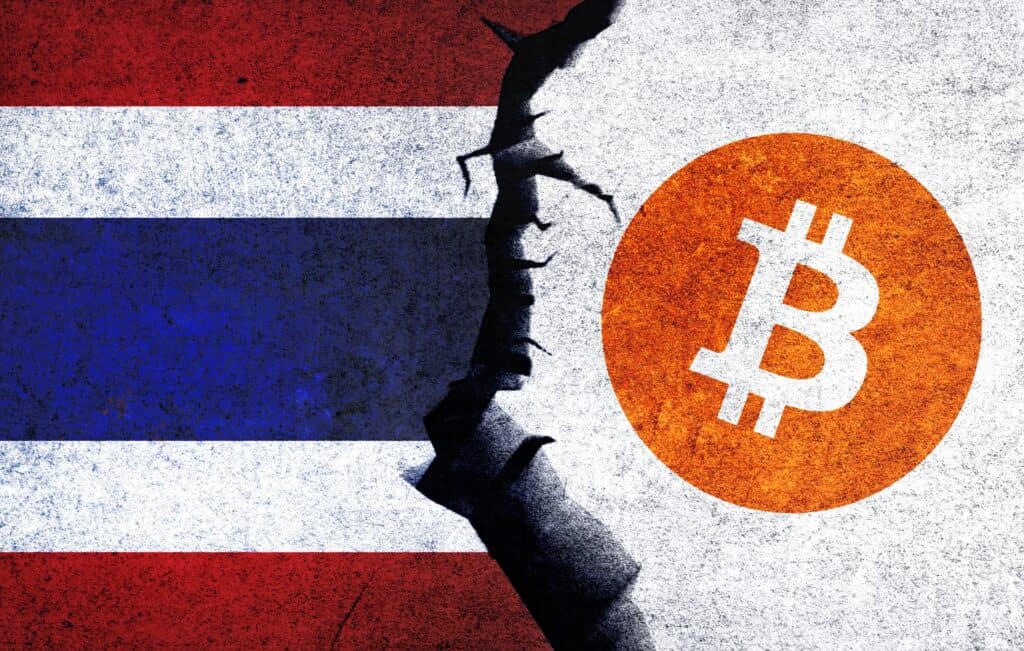
Key Takeaways:
- Thailand’s SEC Targets Unlicensed Exchanges: Thailand is set to block unlicensed crypto exchanges as part of efforts to combat money laundering and other illicit activities, following similar actions by neighboring countries.
- SEC Advisory for Investors: The Thai SEC has advised investors to withdraw assets from non-compliant platforms and verify the registration status of crypto exchanges using the SEC’s “Check First” application.
- Global Regulatory Trends: The crackdown on unregulated crypto activities is part of a broader trend, with Europe also preparing to implement new rules that could significantly impact decentralized finance protocols.
Following the footsteps of India and the Philippines, Thailand has announced a decisive measure against unlicensed crypto exchanges.
The Thai government aims to block these exchanges in a bid to tackle money laundering and other online criminal activities.
Thailand plans to block unauthorized crypto platforms from local users https://t.co/o2vvXJbuFO
— The Block (@TheBlock__) April 22, 2024
This decision, mirroring actions taken by neighboring countries, underscores a regional commitment to stringent regulatory compliance in the digital economy.
The Thai Securities and Exchange Commission (SEC) is set to deliver a comprehensive list of unlicensed crypto trading platforms to the Ministry of Digital Economy and Society.
This directive was revealed by SEC Secretary-General Pornanong Budsaratragoon during the Technology Crime Prevention and Suppression Committee meeting held on April 19.
🚨THAILAND TO BLOCK ACCESS TO MULTIPLE CRYPTO EXCHANGES – WHAT WE KNOW🚨
— BSCN (@BSCNews) April 22, 2024
– As announced by Thai SEC Secretary-General Pornanong Budsaratragoon, the country will block unlicensed cryptocurrency exchanges from operating in the country.
– The reasoning is reportedly to prevent… https://t.co/tZdkpdXvAj pic.twitter.com/A3jdAI2obW
In light of these regulations, the Thai SEC has advised cryptocurrency investors to withdraw their assets from non-compliant platforms before the restrictions are enforced.
A statement from the SEC emphasized the risks associated with unregulated services, including scams and potential involvement in money laundering.
Investors are encouraged to verify the registration status of crypto platforms using the SEC’s Check First application, which recently indicated that the popular exchange Binance is yet to register and may face closure in Thailand.
Thailand authorities have decided to block unauthorized cryptocurrency platforms to improve law enforcement efficiency in solving cybercrime issues. Thailand has previously blocked exchanges such as Binance and Bybit, requiring users to withdraw assets from the platform.…
— Wu Blockchain (@WuBlockchain) April 22, 2024
Further investigations reveal that other prominent offshore exchanges, such as Coinbase, KuCoin, Kraken, and OKX, also lack legal operation statuses in Thailand, as per government records.
The tightening of crypto regulations is not limited to Asia. In Europe, heightened regulatory scrutiny could impact non-decentralized protocols.

